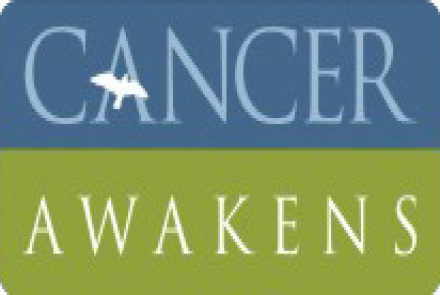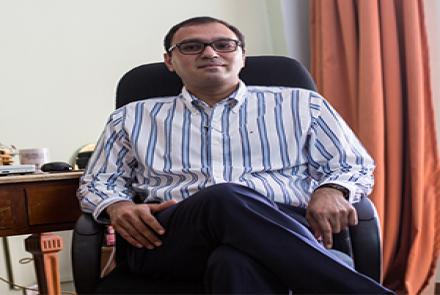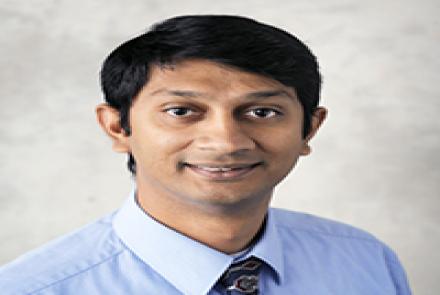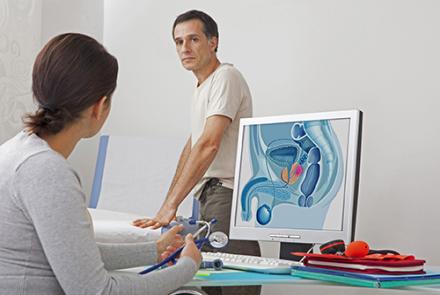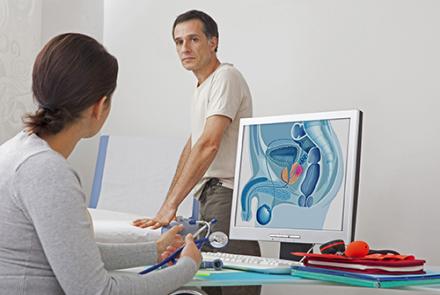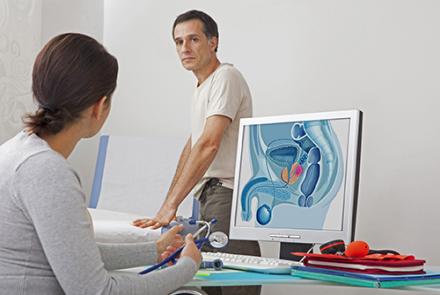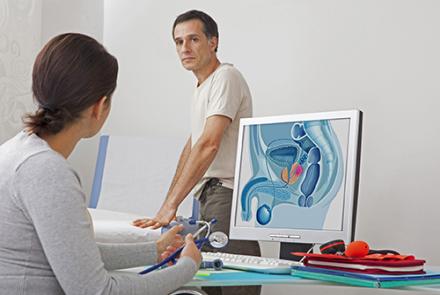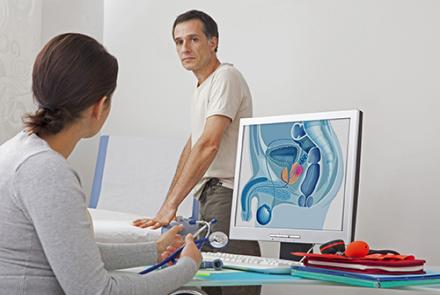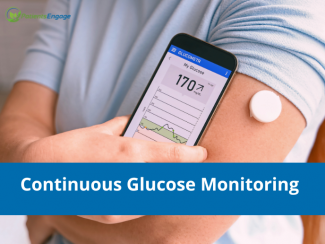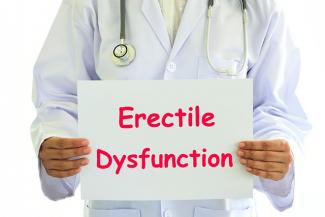
As part of our focus on men's health, we talk to urologist Dr. Vinit Shah about erectile dysfunction caused by cancer treatment and the strategies that may be employed to prevent and manage ED
1. What are the most common pelvic cancer symptoms for men?
Very often pelvic cancers are detected only in later stages as the organs they affect are deep seated and therefore the symptoms are often absent or silent. However one must have a high index of suspicion in all cases of prostate symptoms and of course if the patient presents with bleeding either from his urine or stools.
2. Which cancers are more likely to cause ED?
Often it is not the cancer but the treatment that causes ED
3. What cancer treatment options cause ED?
Surgery for the cancer which injures the nerves responsible for erection can always cause post operative Erectile Dysfunction. Even treatment like radiotherapy is known to cause ED.
4. How long does it take to regain erectile function following pelvic region surgeries?
The recovery of ED is variable and it it difficult to assign a time frame.
5. Is the incidence of ED lower with nerve sparing surgeries?
In a large number of patients the nerve sparing surgeries do reduce the incidence of ED and some centres are using preoperative regimes for early rehabilitation.
6. Is ED reversible?
It is reversible to a certain extent with the various treatment options available.
7. What are the treatment options for ED?
The treatment options range from the use of PDE 5 inhibitors like Sildemafil and Tadalafil to use of vacuum erection devices and intracorpreal injections. Refractory and difficult cases may also be treated with implants.
8. Can you elaborate on the impact of ED on quality of life and psychosocial adjustment? When should a person reach out for help and who should they speak with?
Undoubtedly there can be a huge impact on the patient and it varies from from individual to individual and society to society. They can seek the help of a urologist for treatment.
9. Do you counsel the spouse as well during consults? Are couples referred out for expert psychiatrist counseling?
The spouse is usually always involved in the consults and treatment options for these patients. Some couples may also be helped by counselling.
Also by Dr. Vinit Shah: 11 Questions you always wanted to ask your Urologist
10. How does it affect men of different ages?
The amount of post-operative ED of course depends on the pre-operative ED the patient already had regardless of the treatment options and it’s logical that there would be a direct correlation with the age of the patient.
Dr Vinit Shah is a Urologist Currently working in Jaslok ,Saifee, Reliance and Breach candy Hospital


